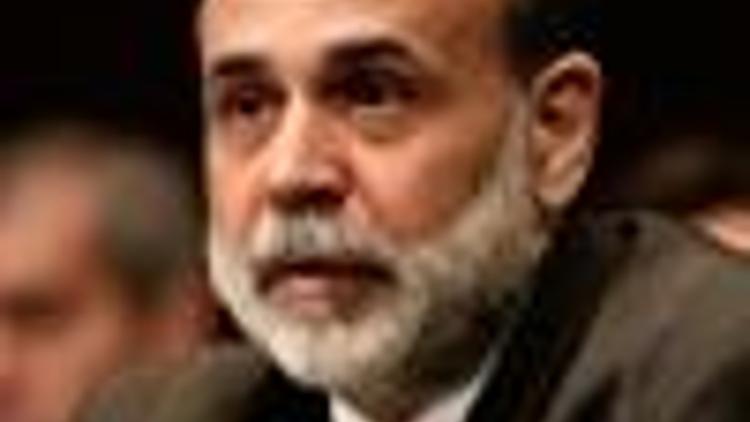Global markets mostly higher with Fed decision
Güncelleme Tarihi:

Global markets were mostly higher Thursday on guarded optimism that the U.S. Federal Reserve’s $1.2 trillion spending plan would bring a quicker end to the worst global slowdown in decades. (UPDATED)
Most global markets posted small gains, further buoyed after Wall Street gained for a sixth time in seven days on the Fed's surprise move. Commodity firms helped lead the way on stronger prices for crude and metals, while select banks also advanced.
The
U.S. home mortgage rates fell toward record lows around 5.00 percent, Treasury bond yields dropped by the biggest one-day margin since the 1987 stock market crash and the S&P 500 benchmark stock index spiked up by 2.1 percent.
Asian markets also gained, with Japanese bond futures spiking to their highest since March 3, and Asia-Pacific stocks outside
The sharp drop in
Oil prices also climbed more than 2 percent to above $49 a barrel, spurred by optimism that aggressive Fed action will help pull the
The Fed, which has already brought its benchmark interest rate to near zero, had said it was considering buying long-term Treasuries, but few Fed watchers had expected it to follow Japan and Britain in pumping money directly into the economy so soon.�
"This is a pretty dramatic move," said James Caron, head of global rates research at Morgan Stanley in
WELCOME HELP
The Bank of England started buying government bonds with newly created money on March 11 to revive the world's fifth-largest economy, which in February saw the biggest ever jump in the number of people claiming jobless benefits.
While the Japanese central bank said it would buy more debt to merely "smooth market operations," the government on Thursday welcomed the Fed and the Bank of Japan moves as timely help that should cap long-term borrowing costs, under pressure from government fiscal stimulus plans.
"It will clearly curb a rise in long-term interest rates, having a favorable effect on rates not only on government debt but also on corporate bonds," Finance Minister Kaoru Yosano told a news conference after a cabinet meeting, Reuters reported.
All three central banks have already pushed interest rates near to zero and were looking for unorthodox ways of getting funds flowing to companies and consumers to battle the worst global downturn since the 1930s Great Depression.
Of all major economies,
While Japan gears for its longest ever downturn, the Fed, in its assessment of the U.S. economy, dropped any specific reference to the likelihood of the recession ending this year, which it had suggested earlier.
Instead it only said that the near-term outlook was weak and stimulus measures should lead to a gradual resumption in growth.

